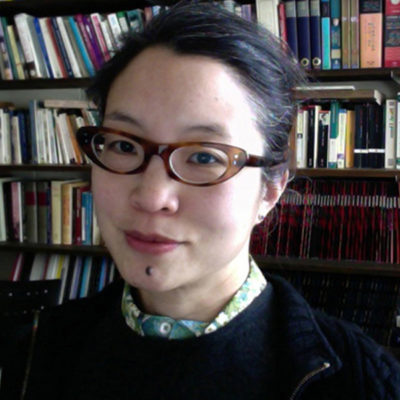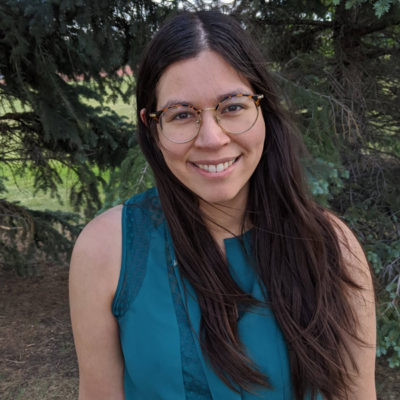
Tina Choi
Tina Choi
Starting in the 1820s and 30s, an unprecedented array of inexpensive cartographic materials—educational maps, geographical games and puzzles, cab and railway maps, and tourist itineraries – became available in Britain. In research funded by an SSHRC Insight Grant (2020-25), I’m investigating the types of cartographic literacy that emerged around these works in the first half of the nineteenth century, as I ask how a growing fluency in the language of maps reshaped both prose representations of geography and the formal qualities of fiction. While governmental surveys adopted increasingly uniform, scientized cartographic practices during these years, mass-market maps took another direction. Enabled by cheap printing technologies, the rise of mass tourism, the opening of passenger railways, and an interest in military and colonial activities, these materials were often mass-produced and designed to appeal to a broad readership. I’ve been examining the revival of decorative elements associated with early modern maps during this period, as well as experimental uses of perspective and format, the integration of prose and advertising into the surfaces of the map, and the conjuring of immersive experiences of domestic and foreign landscapes.

Tallis’s London Street Views. No. 2. Leadenhall Street. London, 1838. Courtesy of the David Rumsey Map Collection, David Rumsey Map Center, Stanford Libraries.
Katarina O’Briain
Katarina O’Briain specializes in transatlantic eighteenth-century literature and culture. Her current research examines the role of the poetics of craft labor in solidifying discourses of property, capital, and racialization. She is at work on a book manuscript which explores the ways in which georgic poetry, often defined as the poetry of agricultural labor, imagines alternatives to racial capitalism in the long eighteenth century, as well as in twentieth- and twenty-first-century activist, anticapitalist and eco-poetry. Reading artisanal manuals and political economy alongside established and marginalized poets, Georgic Possibilities: Craft Labor and the Transatlantic Eighteenth Century recovers modes of stewardship, care, and resistance that refuse entrenched historical narratives of racial capitalism and settler colonialism and instead open a space for alternate modes of thinking about and relating to the land. O’Briain has proposed a graduate seminar which traces shifting notions of land and labour across the global eighteenth century and reads poetic and archival material alongside recent Black, Indigenous, and anti-colonial scholarship on the interrelation of race and property. She is eager to work with students who have interests in the long eighteenth century or in the fields of environmental humanities, political economy, and critical race studies.

Katarina O’Briain

Learn More
The Graduate Program in English at York is an exciting environment to pursue innovative, socially engaging, career-ready education. Contact our Graduate Program Assistant to learn more.
